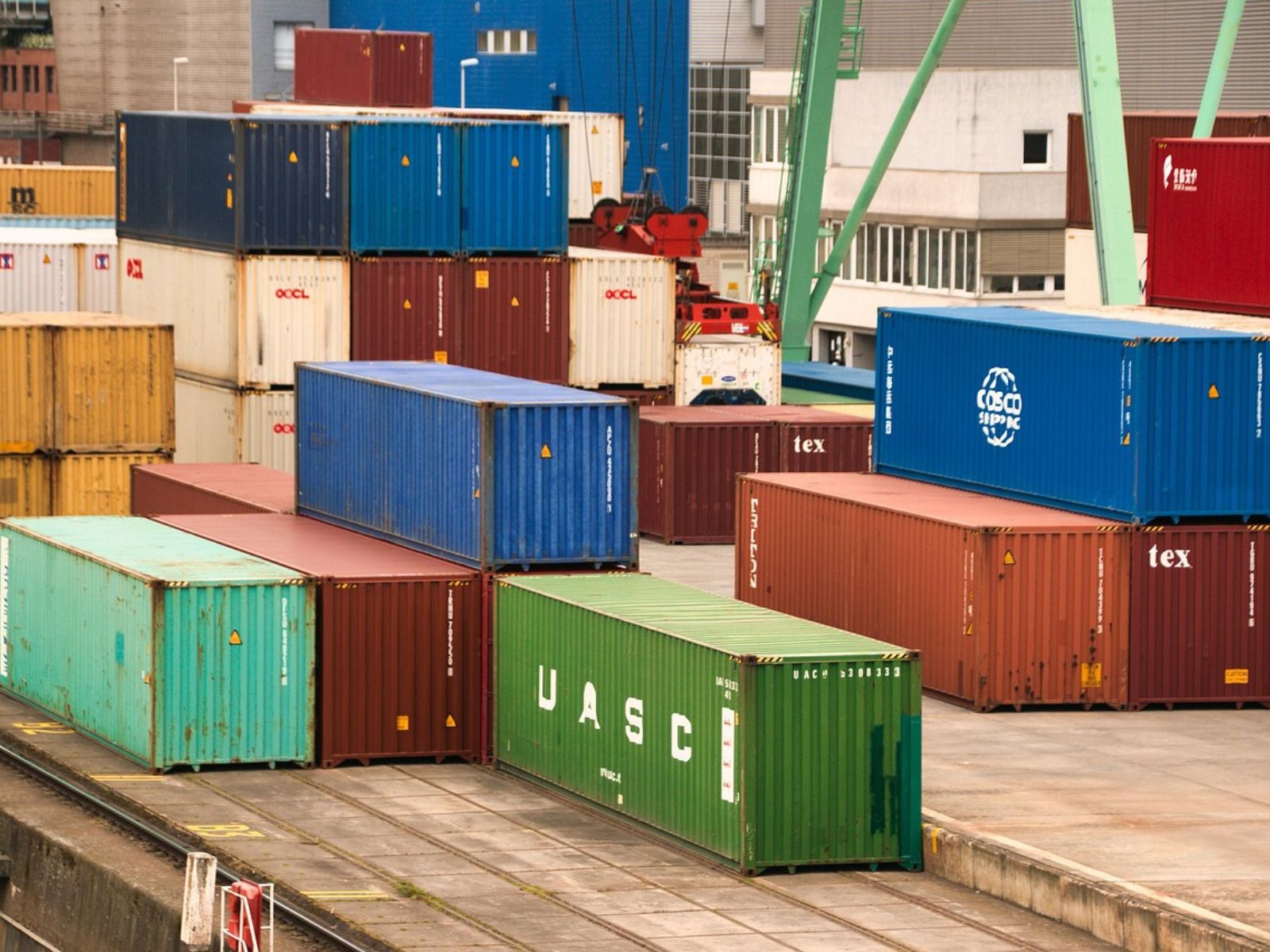
Oakland’s Measure V to Decrease Taxes on Cannabis Businesses

Oakland’s Measure V to Decrease Taxes on Cannabis Businesses
Anyone living in locales with legal cannabis quickly understands that passing a legalization measure is just half the battle. Following the initial successful vote are a myriad of regulatory hearings, commission meetings, and local votes that will impact the cannabis law and determine how commerce is regulated, or even allowed. Californians will vote in many cities and counties across the Golden State to determine the immediate future of the cannabis industry within local jurisdictions.
One very important proposal is Measure V in Oakland that will allow cannabis businesses to deduct the value of raw materials from their gross receipts when calculating their local tax burden, as well as give the city council the power to lower taxes on the cannabis industry, as covered by Marijuana Business Daily:
(Deputy director of California NORML Ellen) Komp said one of the most politically important measures for businesses is Measure V in Oakland, which would give city officials the power to lower MJ taxes instead of raising them.
That, she said, will likely be a bellwether for the industry: Other municipalities will notice if Oakland follows the lead of neighbors such as Berkeley, which lowered its cannabis tax rate earlier this year because city officials wanted to remain competitive with other Bay Area municipalities.
“All of the measures on the ballot, I believe, say that local officials have the power to tax up to a certain percent, because there’s already downward pressure on local taxation, especially in Oakland,” Komp said.
“Businesses are leaving Oakland because the tax rate is too high, and they’re going to surrounding communities that are offering a better tax rate.”
All politics is local is a cliche, but a true statement when you are determining the success of the local cannabis industry. It is imperative that the cannabis community, and all reasonable citizens, vote to allow regulated businesses to exist and to implement practical regulations of the industry. Statewide cannabis programs are already hindered by federal prohibition and local bans disrupt the will of the voters and cannabis commerce in general, hurting regulated businesses ability to compete with the illicit market.
Additionally, cannabis businesses need to be treated like other businesses when it comes to taxation and fees. With the federal tax code already overtaxing the industry, the ability to make profits is hurt enough, without local taxes arbitrarily increasing the costs of businesses and the price of cannabis that must be paid by consumers and patients. While statewide and federal offices dominate the headlines, the success of the cannabis industry is often determined city by city, county by county, so get out and vote. Stay tuned as the International Cannabis Business Conference continues to highlight important local ballot measures in California and across the nation.
Don’t miss what you need to know to navigate cannabis regulations in California or the chance to network with top investors and entrepreneurs from around the globe at the next International Cannabis Business Conference in San Francisco on February 7-8, 2019. Be sure to secure your spot and save money by purchasing your early-bird tickets by January 18th.
Share article


Share article
Join Our Awesome Community
Join Our Awesome Community
Join Our Awesome
Community
Get all the latest industry news
delivered to your inbox







